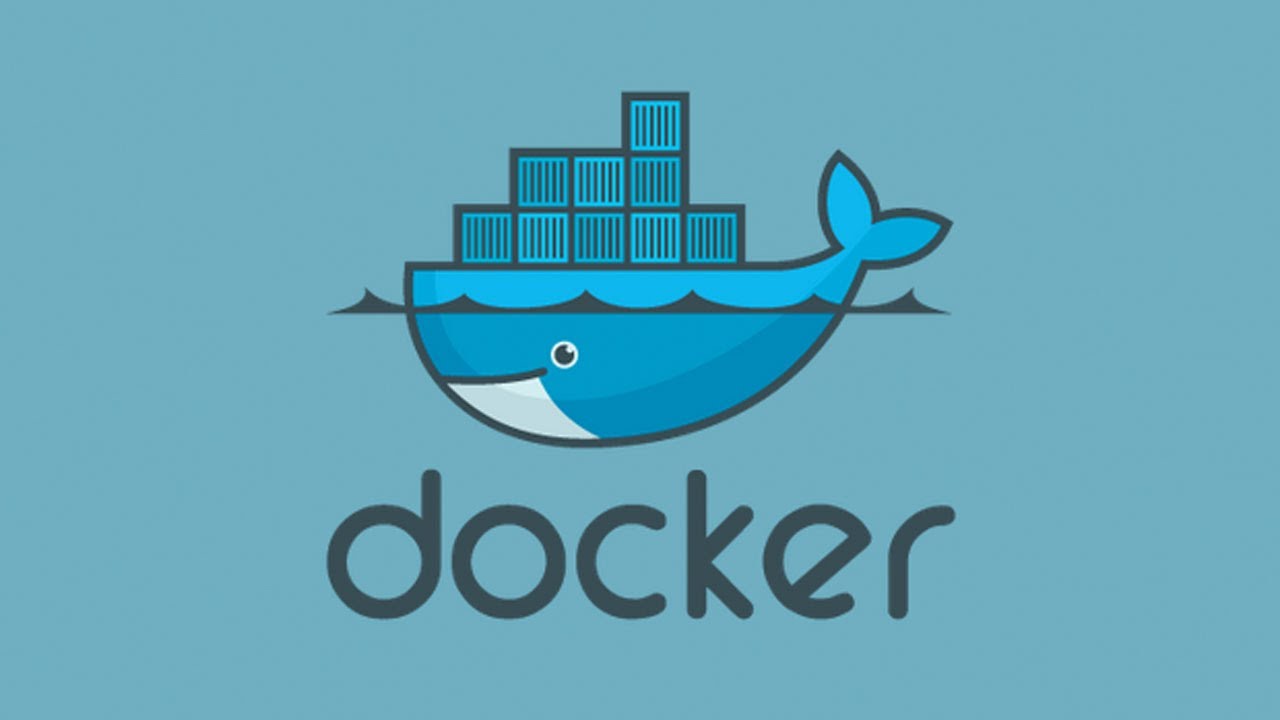The question ‘What is Docker and why you might need it’ is asked by beginner-level DevOps engineers or developers who are trying to understand the Importance of this tool. Experienced developers and DevOps engineers know all the benefits of having Docker implemented throughout their projects. The advantages of having Dockerized containers running in your daily project give developers and DevOps engineers a sense of peace of mind in the project like none other.
In this article, we’ll be discussing this crucial question; What is Docker?
Alongside we’ll be also be discussing the best approaches and tricks that senior-level DevOps engineers use to maintain a unified flow for all their dockerized projects.
So, let’s get on with it.
What is Docker?
Docker is a software platform that acts like a bundle of services that developers or DevOps engineers target to maintain, ship, and release their projects. Within Docker, as a developer, you can maintain a thing called ‘containers’. The containers contain each project and all the prerequisites that the project demands to be deployed.
Why do you need it?
Some of the main key functionalities of Docker are as follows
- Easier distribution of applications
- Easier management of code and dependencies
- Running and building applications become easier
- Deployments are far quicker
- Test cases and pipelines are easier to integrate
In a general sense, it gives you the power to truly make your code independent and transportable. You can give access to your container to any newly added member of your team, and they can get started just by running a few commands.
These commands can do some great things, such as ;
- Fetch and update their local project repo with the latest on git/bit bucket
- Check and install the project dependencies
- Set a virtual environment on your local machine that matches project specifications
- Run possible test cases
- Make builds and deploy
These are some basic functionalities that Docker offers. It is not limited to these mentioned above. On the contrary, to learn it in depth is to dive into an ocean.
Related Tips From the Pros
Who is better to learn from other than people who have already mastered it. Such individuals are called experienced professionals. They can always provide you a hint or two on any related queries. We have gathered answers to some of such questions or rather tips from the pros.
- Use the command docker run –rm container to remove any previous container of the same name
- Try to use a management tool such as Protainer to get a glimpse of all your active and running containers
- Try out the implementation of docker inside docker for sub-projects
- Always check logs first when something breaks by running the command docker logs container
- To copy a file from you PC to docker instance use this command docker copy file-name container-name:/dir
Conclusion
It is a great tool for developers and DevOps engineer that are looking forward to making their work and processes more streamlined. Having Docker in place always ends in added benefits and is generally encouraged on open-source projects.
If you are only getting started with Docker, you will experience the magic of the tool first hand and most probably will become an ambassador yourself. That being said, may your instances always be running, and may your containers never go down, have fun exploring!

